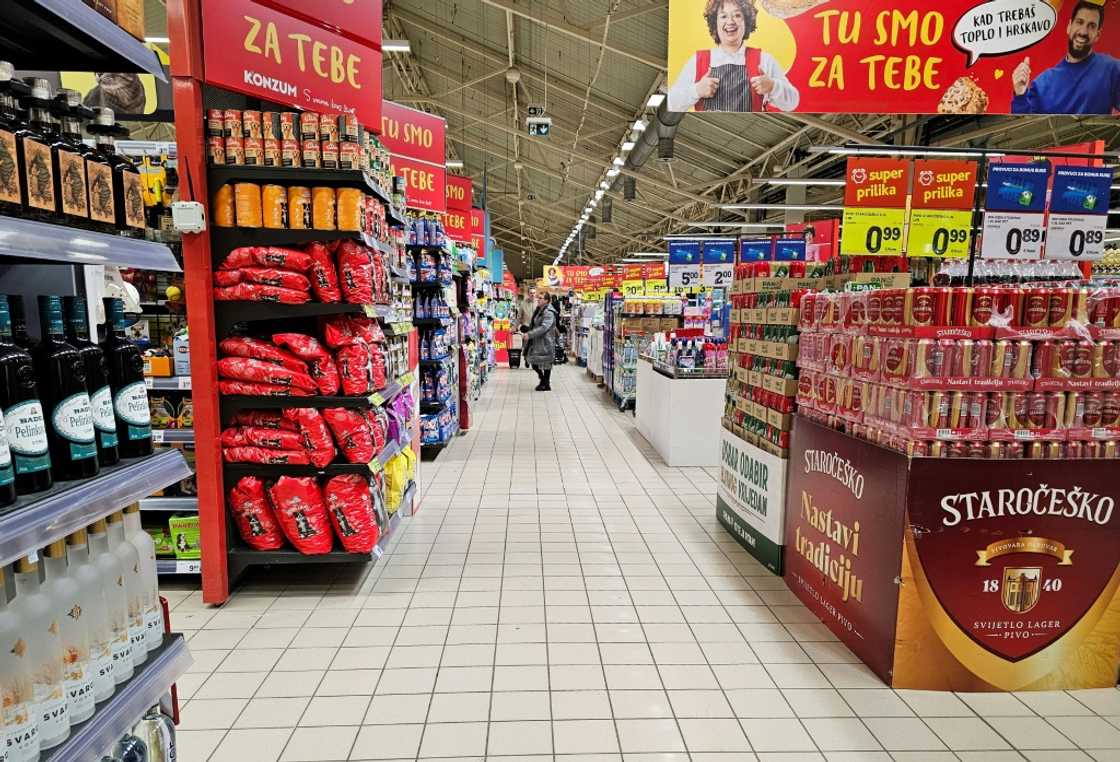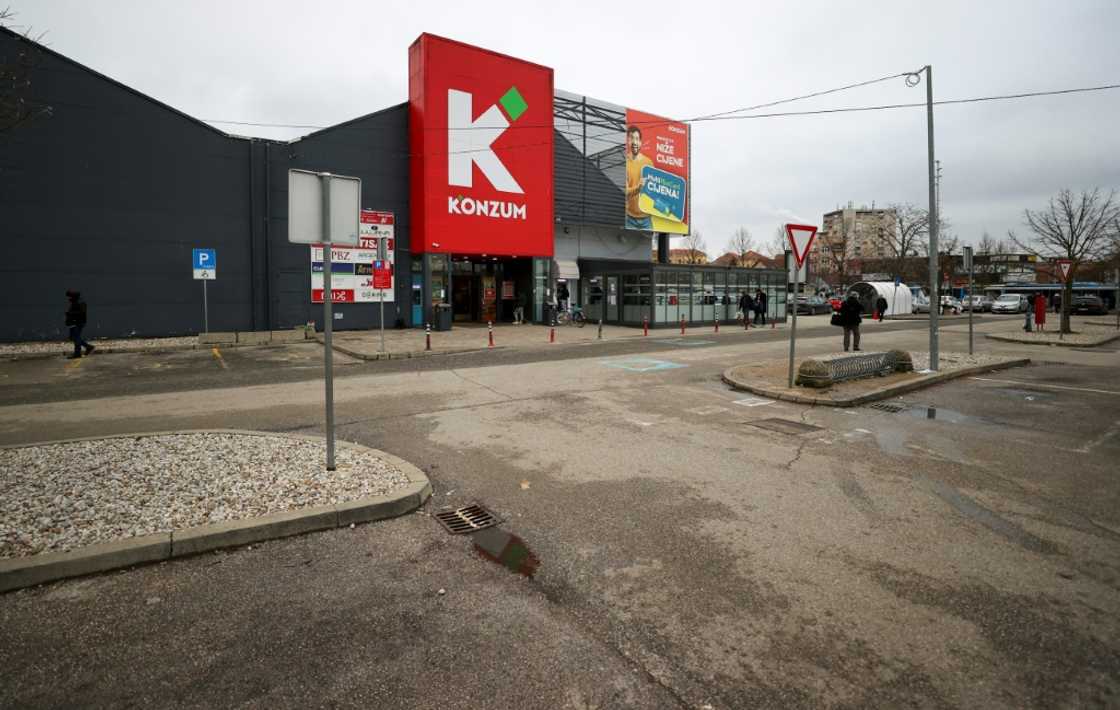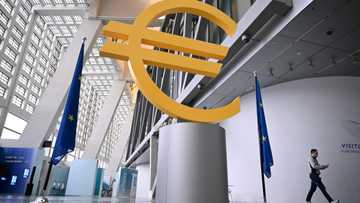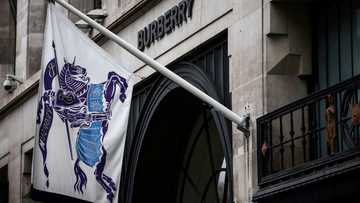Croatians boycott shopping to protest high prices

Source: AFP
Supermarket aisles were quiet across Croatia on Friday as consumers protested high food prices by joining a boycott on shopping.
Fanned by social media campaign, Croatians largely stayed away from shops, with daily sales volume down 50 percent from last Friday, the country's tax administration said in a statement.
The protest, initiated by consumer groups, aimed to pile pressure on retailers they blame for surging inflation.
Only a few customers were in a central Zagreb supermarket at midday that is usually bustling with shoppers at that hour.
"Retailers will not be financially harmed, but this is an important symbolic message that price gouging should stop", Danko Horvat, a barman from Zagreb who joined the boycott, told AFP.
Consumer groups said they were satisfied with the response.
The boycott shocked retailers, said Josip Kelemen from the "Halo, inspektore" consumer protection group, which called for the protest.
"People feel cheated," Kelemen said. "Even the well-off have supported us, they feel the same way."
The boycott was also backed by opposition parties, trade unions, some local celebrities as well as two ministers.
Local media reports and posts on social media showed empty stores across Croatia.
Prime Minister Andrej Plenkovic called the boycott an "important and articulated message from people that they do monitor and compare prices" at home in Croatia and in neighbouring countries.
Prices on many goods can be considerably lower in Slovenia and Italy.

Source: AFP
The premier went on to say that the concerns would be taken into account next week when the government reviews a list of products that are under price controls.
Experts point to Croatia having one of the highest value-added tax (VAT) rates as one reason for higher prices in the country.
In December, the country's 4.5 percent annual inflation rate was the highest in the eurozone, where the average stood at just 2.4 percent.
Consumer groups have repeatedly complained that prices have risen steadily since Croatia adopted the euro as its currency in January 2023.
The average net salary in Croatia was 1,366 euros ($1,420) in November, official figures show.
PAY ATTENTION: Сheck out news that is picked exactly for YOU ➡️ find the “Recommended for you” block on the home page and enjoy!
Source: AFP




